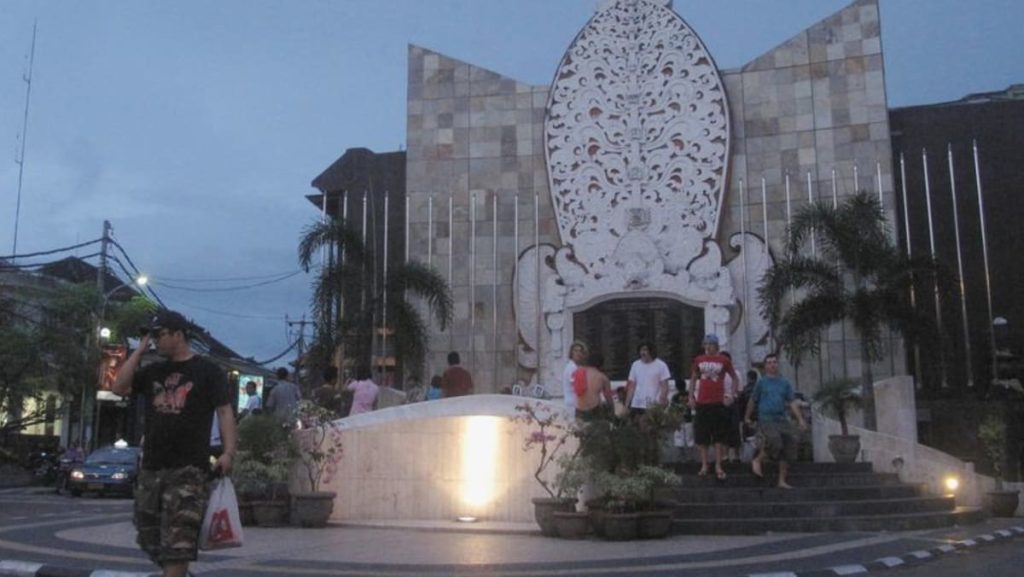Riduan Isamuddin, better known as Hambali, a key figure in the Southeast Asian militant network Jemaah Islamiyah (JI), is currently detained at Guantanamo Bay. The Indonesian government is exploring avenues for his repatriation, a move that has sparked debate and raises questions about legal complexities, national security, and the responsibilities of a nation towards its citizens, even those accused of heinous crimes. Hambali’s alleged involvement in a series of devastating attacks, including the 2002 Bali bombings and the 2003 Jakarta Marriott Hotel bombing, has cemented his notoriety as a dangerous extremist.
The Indonesian government’s consideration of Hambali’s repatriation is driven by a combination of legal and humanitarian factors. Senior Minister for Law and Human Rights, Yusril Ihza Mahendra, has pointed out that the statute of limitations on Indonesia’s cases against Hambali has expired. This legal technicality, while controversial, presents a significant hurdle for any potential prosecution within Indonesia. Beyond the legal considerations, Mahendra emphasizes Hambali’s Indonesian citizenship, asserting a national responsibility to care for him regardless of his past actions. This stance underscores a complex dilemma: balancing the need for justice and accountability with the obligation to protect the rights of its citizens, even those accused of the most egregious crimes.
Hambali’s history is intertwined with the rise and fall of Jemaah Islamiyah, a militant network that once cast a long shadow across Southeast Asia. At its peak, JI had operational cells in several countries, including Malaysia, Singapore, and the Philippines, and was linked to a series of terrorist attacks. Hambali, as a leading figure in JI, is accused of orchestrating and financing several of these attacks, including the Bali bombings that claimed the lives of over 200 people, and the Jakarta Marriott Hotel bombing. His alleged involvement extends beyond Southeast Asia, with suspicions of a connection to the planning of the September 11th attacks in the United States, a claim that further complicates his case and potential repatriation.
The repatriation process, if pursued, will necessitate delicate negotiations between the Indonesian and US governments. While Indonesia has expressed its intention to engage with the US, the specifics of these discussions remain undisclosed. Prior attempts by Indonesia to gain access to Hambali for questioning were denied by the US, highlighting the potential challenges in reaching an agreement. The US has recently repatriated other Guantanamo detainees, including two Malaysian nationals who pleaded guilty to offenses related to the war on terror, setting a precedent, albeit in different circumstances, for the potential release of long-held detainees.
The Indonesian government’s approach to dealing with former JI members appears to be shifting towards a focus on de-radicalization and reintegration. JI, weakened by years of crackdowns and counter-terrorism efforts, has reportedly been disbanded. Indonesia is considering parole for two of its former leaders and amnesty for jailed members, signaling a move away from punitive measures and towards a more conciliatory approach. This shift in strategy raises further questions about how Hambali, if repatriated, would be handled within Indonesia’s legal and correctional systems.
The potential repatriation of Hambali is a complex issue fraught with legal, security, and ethical considerations. While the Indonesian government emphasizes its responsibility towards its citizens, concerns remain about the implications of bringing back an individual accused of orchestrating some of the deadliest terrorist attacks in the region. The legal obstacles, the diplomatic negotiations with the US, and the broader strategy for dealing with former extremists will all play crucial roles in determining Hambali’s future and the overall approach to counter-terrorism in Indonesia and the region. The discussions and decisions surrounding this case will undoubtedly have significant ramifications for Indonesia’s national security, its international relations, and its ongoing efforts to combat terrorism and extremism.

